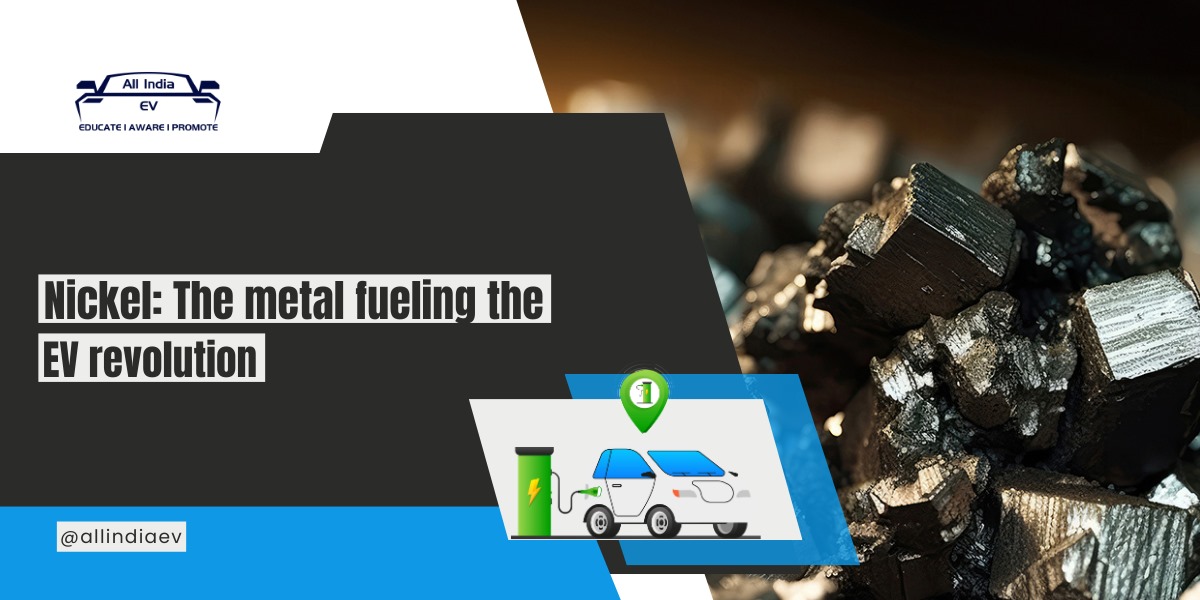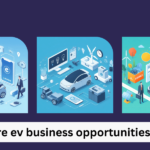
Nickel: The Unsung Hero Powering the EV Revolution
As the world transitions to greener transportation, one element stands out: nickel. Nickel: the metal fueling the EV advancements, enhances battery efficiency and sustainability. Its high energy density makes it a key player in the electric vehicle (EV) industry, powering the future of clean transportation.
The Importance of Nickel: The Metal Fueling the EV Innovation
Nickel’s unique properties make it an indispensable component in modern battery technologies. Its high energy density allows for greater energy storage, enabling EVs to travel longer distances on a single charge. This is a significant factor for automotive original equipment manufacturers (OEMs) who prioritize energy efficiency and cost reduction. The metal’s contribution is particularly evident in the growing trend of nickel-rich battery chemistries, which are becoming a standard in the industry.
Growing Demand and Market Trends
The demand for nickel in the EV market is on a steep rise. According to the Adamas Intelligence EV battery Capacity and Battery Metals tracker, the average nickel content in EV batteries has increased significantly. In 2023, the use of nickel in plug-in hybrids (PHEVs) rose by 11% year-over-year, reaching an average of 6.5 kilograms per vehicle.
This surge in demand is driven by the global push towards zero-emission vehicles (ZEVs) to meet climate goals set at international conventions like the Paris Agreement. The International Energy Agency (IEA) forecasts that EVs will account for over 30% of global car sales by 2025, up from 18% in 2024.
India’s Strategic Moves
India, a burgeoning EV market, has seen remarkable growth, with EV sales reaching 1.5 million units in 2023. This growth is largely fueled by the rise in electric two-wheelers. To sustain and accelerate this momentum, India must ramp up its domestic production of nickel. Vedanta Nico, India’s sole nickel producer, aims to boost its production capacity significantly to support the nation’s EV aspirations. The company plans to increase its production to 10 kilotonnes per annum within the next six months.
Global Supply Challenges
While Indonesia holds the world’s largest nickel reserves, with Chinese firms heavily investing in processing plants there, the global supply chain faces potential disruptions. Concerns about Indonesia’s dominance as the lowest-cost producer pose risks to other nickel suppliers, potentially affecting the fast-tracking of battery production worldwide. Additionally, environmental clearances for mining and production remain critical challenges.
The Importance of Recycling
To bridge the supply-demand gap and ensure sustainable growth, recycling nickel from end-of-life batteries is essential. This not only helps in recovering valuable materials but also reduces environmental toxicity. Effective recycling strategies will play a pivotal role in supporting the exponential growth of the Li-ion battery industry.
All India EV Business Directory
Avail Debt Funding
Join our All India EV Community




